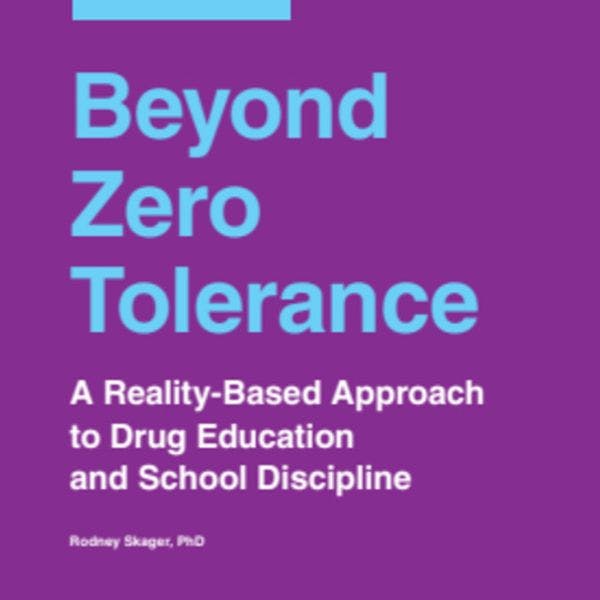Au-delà de la tolérance zéro - Une approche réaliste à l’égard de la prévention en matière de drogues et de la discipline à l’école
« Au-delà de la tolérance zéro » est une approche complète et rentable visant à prévenir la consommation de drogue au secondaire. Elle vise principalement à aider les adolescents en renforçant la communauté étudiante et l’environnement scolaire. Pour en savoir plus, en anglais, veuillez lire les informations ci-dessous.
Abonnez-vous à l'Alerte mensuelle de l'IDPC pour recevoir des informations relatives à la politique des drogues.
Most American high schools do not offer effective drug education, nor do they provide interventions to assist students struggling with abuse of alcohol and other drugs. Instead, they rely primarily on deterrent punishment for students who are caught violating the rules. Proponents of the “big four” consequences – exclusion from extracurricular activities, transfer to another school, suspension, and expulsion – believe that harsh consequences for those who are caught will
deter other students from committing similar offenses, and too often constitute the whole of prevention.
But research has shown that these punishments are not likely to change students’ behavior. Ironically, rather than serving as an effective deterrent, drug education that lacks credibility and is backed by punitive measures often fosters resentment and oppositional behavior.
Beyond Zero Tolerance is a comprehensive, cost-effective approach to secondary school drug education and school discipline that is all about helping teenagers by bolstering the student community and educational environment.
This innovative model combines honest, reality-based information with interactive learning, compassionate assistance, and restorative practices in lieu of exclusionary punishment.
A reality-based model incorporates three mutually reinforcing elements: education, intervention/assistance, and restorative consequences. The basic tenets are as follows:
- Drug education should be honest,balanced, interactive, and delivered in a way that involves full participationof students.
- Intervention for students who need assistance should be an integral part of drug education.
- A restorative process, in which offenders identify harms they have caused and then make amends, should replace most suspensions and expulsions.
Keep up-to-date with drug policy developments by subscribing to the IDPC Monthly Alert.
